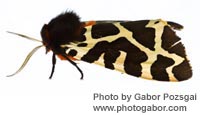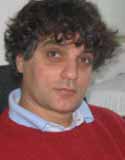About EURASNET
EURASNET is an EU-funded Network of Excellence to investigate and understand the principles of alternative splicing and how it affects human health. The Alternative Splicing Network of Excellence brings together 30 leading research groups and ten Young Investigators, from eleven European countries as well as Israel and Argentina. The coordinator of this Network is Professor Reinhard Lührmann, Göttingen. The network has funding for a period of five years (2006-2011) from Framework 6 Programme (FP6) of the European Union, for research in alternative splicing.
The network has four main objectives
- Scientific research on alternative splicing – how it works and what impact it has in healthy human beings and in disease.
- Establish a communication platform for the exchange of information, methods and material among the network partners to make our research more efficient.
- Support ten "Young Investigators" to join EURASNET and establish new research groups in this important area.
- Raise awareness of the importance of alternative splicing among medical practitioners, policy makers and the general public.
EURASNET is supported by a scientific advisory board made up of eminent international scientists: J. Dahlberg (University of Madison), W. Filipowicz (Biozentrum Basel), M. Garcia-Blanco (Duke University), A. Krainer (Cold Spring Harbor L), M. Rosbash (Brandeis University), R. Singer (Albert Einstein College and J. Steitz (Yale University).






